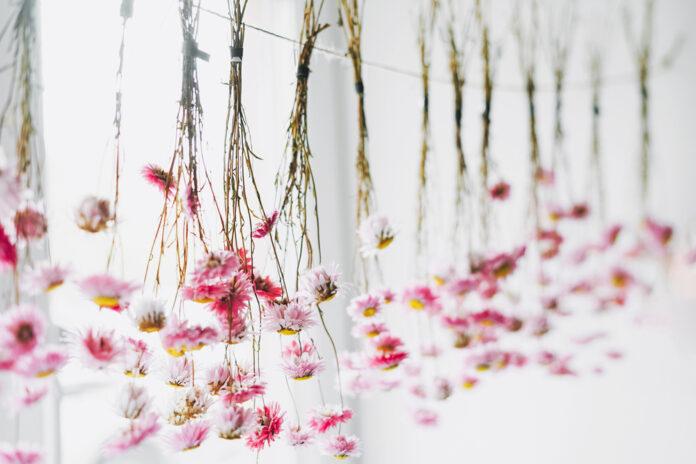Flowers have long been symbols of beauty, love, and celebration. From wedding bouquets to anniversary arrangements and memorial tributes, these delicate blooms often carry deep emotional meaning. But the fleeting nature of fresh flowers can leave us longing for a way to preserve their elegance and sentiment. That’s where the art of flower preservation steps in—a practice that transforms ephemeral petals into lasting keepsakes.
Preserving flowers is both an ancient tradition and a modern craft. Whether through air drying, pressing, or using silica gel, each method offers a unique way to capture the vibrancy and form of natural blooms. Many enthusiasts turn to specialists for this delicate work, and sites like www.driedblooms.co.uk have become popular for sourcing beautifully preserved flowers or commissioning personalized arrangements that can last for years.
Flower Preservation Techniques
There are several techniques for preserving flowers, each with its own aesthetic and purpose. Air drying is one of the oldest and most accessible methods. It involves tying flowers in small bunches and hanging them upside down in a warm, dark, and dry space for several weeks. This technique works best with sturdy blooms like lavender, roses, and statice, which retain their shape and color fairly well.
Another timeless approach is flower pressing. This involves flattening flowers between the pages of a heavy book or using a dedicated flower press. After a few weeks, the blooms become paper-thin and beautifully preserved, ideal for framing or incorporating into paper crafts like cards and stationery. This method is especially popular for preserving delicate flowers like pansies, daisies, and violets.
For those looking to retain the original shape and vibrant color of flowers, silica gel drying is the go-to technique. Silica gel crystals gently draw moisture out of the petals while supporting their structure, resulting in a more lifelike finish. This method is commonly used by professional florists and crafters, as it allows for a high level of detail and color preservation.
More advanced preservation options include glycerin soaking, where flowers absorb a glycerin solution that keeps them supple and long-lasting, and freeze-drying, a high-tech method that involves flash-freezing flowers and then removing moisture in a vacuum. Though these processes can be more expensive and time-consuming, they offer unmatched results for sentimental or luxury arrangements.
Benefits of Flower Preservation
Preserved flowers are incredibly versatile in home decor and design. They can be arranged in shadow boxes, displayed in glass domes, used in wreaths, or even incorporated into wearable art like resin jewelry and hairpieces. Because they require no water and minimal care, they are an ideal choice for those who love the look of flowers but don’t want the hassle of replacing them every few days.
Beyond aesthetics, preserved flowers offer a sustainable alternative to fresh-cut blooms. Because they can last for months or even years, they reduce the need for continuous harvesting and shipping, which helps minimize waste and environmental impact. Many modern consumers appreciate this balance of beauty and eco-consciousness.
In recent years, the demand for preserved flowers has grown, particularly for weddings, gifts, and interior styling. Custom bouquets made from preserved wedding flowers are becoming cherished heirlooms, allowing couples to revisit the joy of their special day for years to come. Floral artists now collaborate closely with clients to create bespoke arrangements that tell a story, using preservation as a medium of emotional connection.
In essence, flower preservation is not just about extending the life of a bloom—it’s about capturing a moment in time. Whether it’s a rose from a first date, a sunflower from a summer garden, or a wildflower picked on a walk, preserved flowers serve as a tangible reminder of life’s most beautiful experiences. With a bit of care and creativity, the charm of nature can be enjoyed not just for a few days, but for a lifetime.
Find a Home-Based Business to Start-Up >>> Hundreds of Business Listings.














































